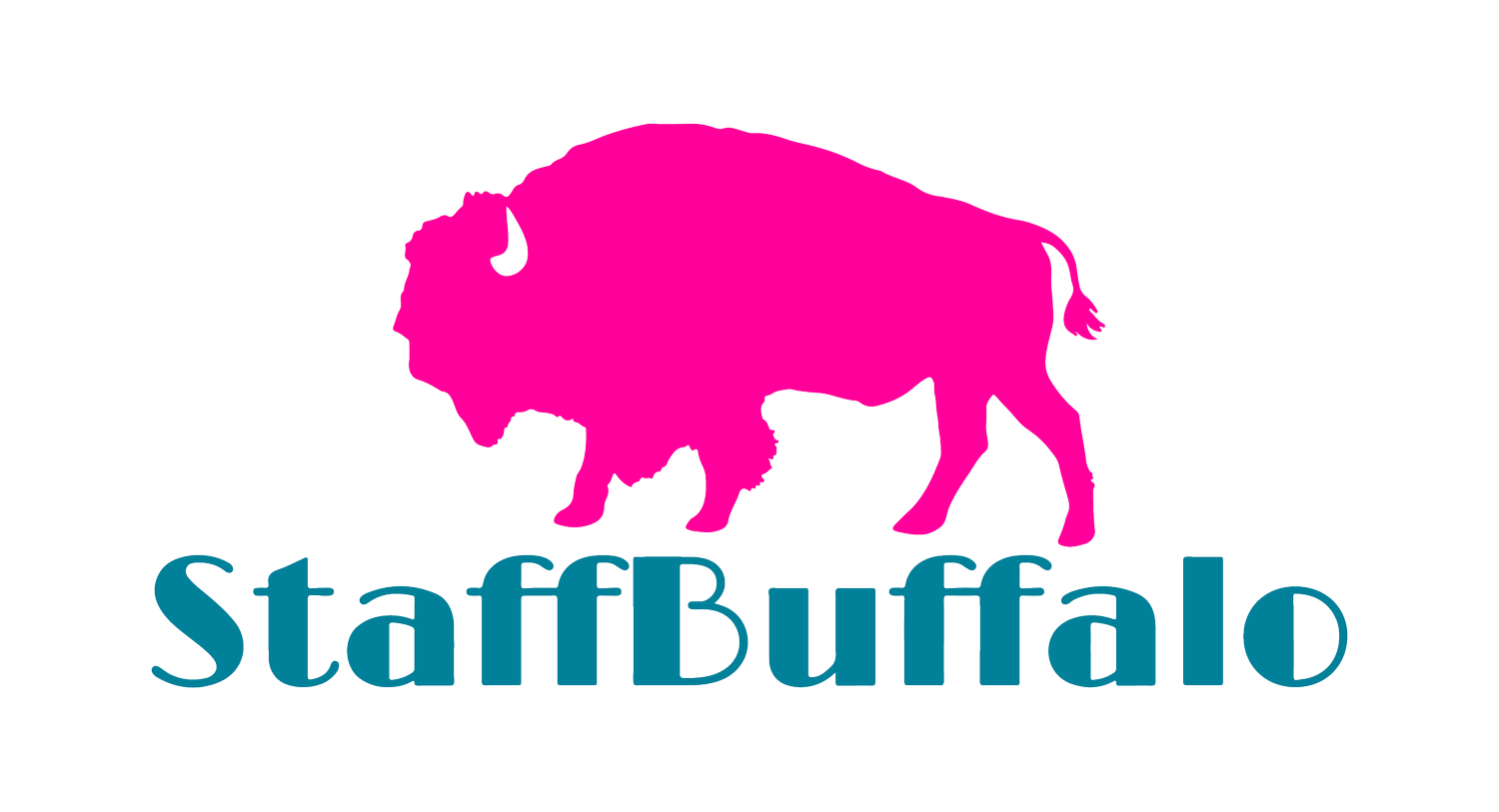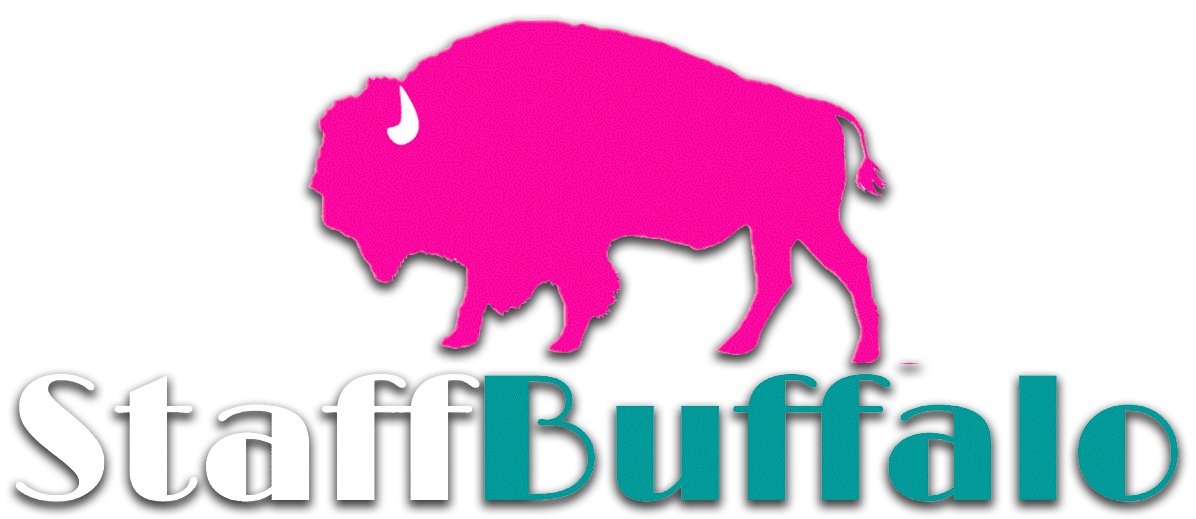Be Ready for Anything: How to Prepare for Situational Interview Questions
Interviews can give even the most seasoned of professionals the jitters. There's a lot resting on them, so it's only natural! There's good news though - you can take that nervous energy and like an interview alchemist, turn it into excited confidence. The key is being prepared! Understanding the types of situational interview questions that may be asked and how to answer them can give you the confidence you need to ace the interview.
Situational interview questions are a company's way of gauging your ability to think on your feet and provide a response in a real-world situation. They are often geared towards the specifics of the job for which you are interviewing, so it's important to do some research and learn about the role beforehand.
Here is a list of some common situational interview questions and tips on how to prepare for them.
1. Describe a time when you experienced conflict with a co-worker. Can we come up with an italicized comment about this question, like the ones that follow? This will look good from a format perspective.
Have an example of a difficult situation and how you handled it ready and in the chamber. Be sure to highlight the positive steps you took to resolve the issue, such as actively listening to their concerns and coming to a compromise.
2. Describe a time when you had to make a difficult decision. Decision-making is a crucial part of every job, they'll want to be sure you're capable of making informed decisions.
Provide an example of a particularly tough decision you were faced with. Explain the process you take in such situations, such as weighing the pros and cons, and how you came to the decision.
3. Describe a time when you had to put the needs of the team before your own. This question tests your ability to be a team player. You've heard it before, but it bears repeating that there's no "I" in "Team".
Describe a situation where you put your own way of doing something aside in order to benefit the team as a whole.
4. We've all been there, where you need to go above and beyond to get the job done. This question tests your commitment and dedication.
Provide an example of a time when you went the extra mile to complete a task or project and how when it was all said and done, it was worth it. This could be staying overtime at the office or bringing work home with you.
Overall, it’s important to remember that there's no one-size-fits-all approach to interviews. Use the interview as an opportunity to ask questions, and to learn more about the role and the company. Make sure to remain flexible and adapt to the individual interviewer's style. Preparing ahead of time for situational interview questions can help you remain calm and confident during the interview, increasing your chances of scoring the job!

